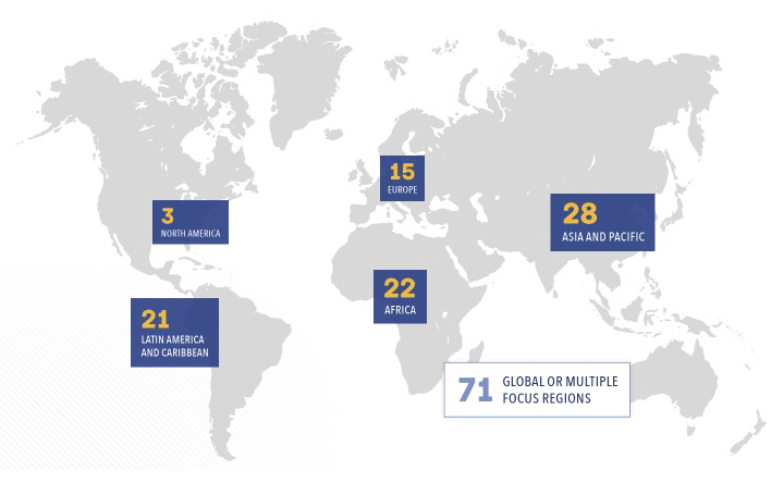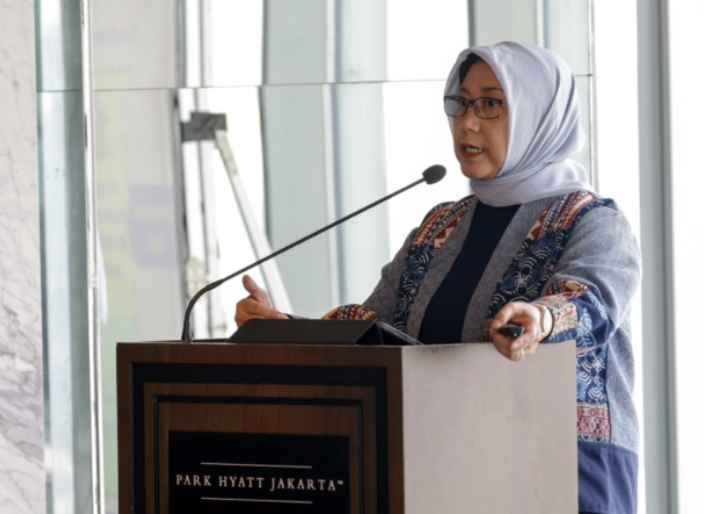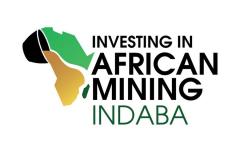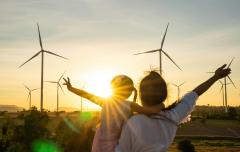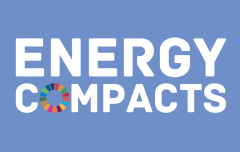Energy Compact Action Network: Unlocking Indonesia’s Clean Energy Future
As the largest economy in Southeast Asia and one of the region’s top emitters, Indonesia sits at the heart of the global energy transition. Its choices today will shape not only its domestic development but also climate outcomes across the Global South. In 2024, Indonesia made its ambitions clear by launching a bold national Energy Compact—outlining a pathway to affordable, reliable, and sustainable energy in alignment with Sustainable Development Goal 7. Now, the Energy Compact Action Network (ECAN) is helping make that vision a reality.
Launched in 2022, ECAN serves as a global platform to match offers of support with requests for support, facilitating the implementation of Energy Compact commitments. It provides technical assistance, fosters partnerships, and monitors progress to ensure accountability and continuous improvement. Its recent work in Indonesia illustrates how this platform can accelerate systemic change—through convening, matchmaking, and results-based action.

